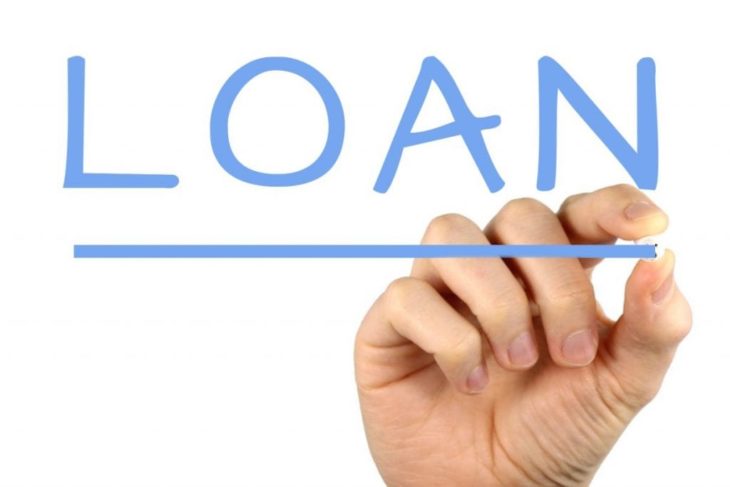To date, 90% of real estate in Scandinavian countries is purchased on mortgage loans. The interest on loans is low: if you take a loan secured by property, the rate will be only 2-4% per annum for up to 50 years. If there is no collateral, the interest rate can be up to 18%, and the loan period is reduced to 12 years. The issuance of loans by Brixo and other companies for real estate amounted to 1.055 billion Euros in 2018; however loans were issued for 1,755 billion Euros in the period of 2016-2017.
Shopping is a very exciting experience. It is most often subject to women, but men are no exception in this regard. If the first prefer to buy branded items, then the second – newfangled gadgets. It’s good when a person has their own finances for this” hobby”.
However, you can find shopaholics, who are in pursuit of discounts and the latest innovations, get into debt, and even worse – into loans.

Source: benjaminjmiranda.com
It all starts with a harmless offer in the store to buy something in installments. At first glance, the amount of monthly repayment is not large, and the duration of the loan is also not frightening. In recent years, such “shares” have become very popular and more and more people are attracted by them, buying anything they want.
After repayment of the first loan (or partial repayment), the person immediately takes another, then another. As a result, they get in a situation where they cannot afford living at the usual level, and the salary is barely enough to repay all kinds of debts to banks.
If you do not want to reach such a line of existence, it is necessary to understand very clearly what a consumer loan is, what its pitfalls and tricks are.
The pros of the loan
Let’s start with the pros that make us take a loan.
In our time, almost nothing is needed for its registration – a passport and a desire to buy goods. As a rule, the store immediately hires employees of banks offering loans, and they will issue you anything you want for 20-30 minutes (or even faster).
Also, the obvious advantage of Kredit365 loan is that the desired thing is bought now, and not in a year or two.
In most cases, the amount of monthly repayment is not so big and it does not make you constantly save on anything.
Loans can really save you in emergency situations. For example, it helps in case of breakage of some equipment which needs to be used daily.
The last positive quality of the loan is that it disciplines to some extent and shows a person that they can really live without a certain amount of money per month. That is, they can just start saving money without any regret.

Source: Inside Catholic
Cons of purchasing goods on loan
Perhaps, there are not too many pros. I wonder how many cons will come out.
Any loan has an interest. Some of them are explicit and others are hidden. Now, the system of lending has become more understandable for consumers, as banks began to give detailed payment schedules, which detail the amount of the main body of the loan and the interest itself. Therefore, each person can see how much “extra” money they give for the momentary possession of the desired goods.
We should also say about the hidden percentages. They are also always present there and are displayed in the original price of the goods. The fact is that the simpler the procedure for obtaining a loan is (no certificates are required), the more the bank risks providing money to an unknown person. If you don’t want to be trapped, the bank calculates the possible risks and includes them in the cost of the goods. That’s what the store does. As a result, the purchased item is much more expensive than at other points of sale where there is no possibility of lending. There is also a one-time interest rate of about 10% of the purchase amount.

Source: interiorfcu.org
Drawing a conclusion
Taking a loan for a long term, a person cannot know for sure whether they will be able to pay the debt a year later. Perhaps, they will somehow change their life or lose their job. No one is immune from this.
If something happens to the payer, the loan will go to the closest relatives. This is also not a very pleasant situation.
You can get used to the loan and stop living according to your capabilities. As it has been mentioned above, affordable loans are dragging people into the so-called “loan dependence” and they no longer really assess their financial capabilities.
The need to constantly pay off debt leads to a state of constant nervousness. Such a person always worries whether he or she will be able to pay their debt on time, or will be able to earn a certain amount of money. This is expressed in chronic stress and endless experiences throughout the loan line. There are people who have never linked themselves to a loan and did the right thing. They know that a refrigerator and TV are quite possible to buy for their own money, just waiting for a few months.

Source: moneydonut.co.uk
